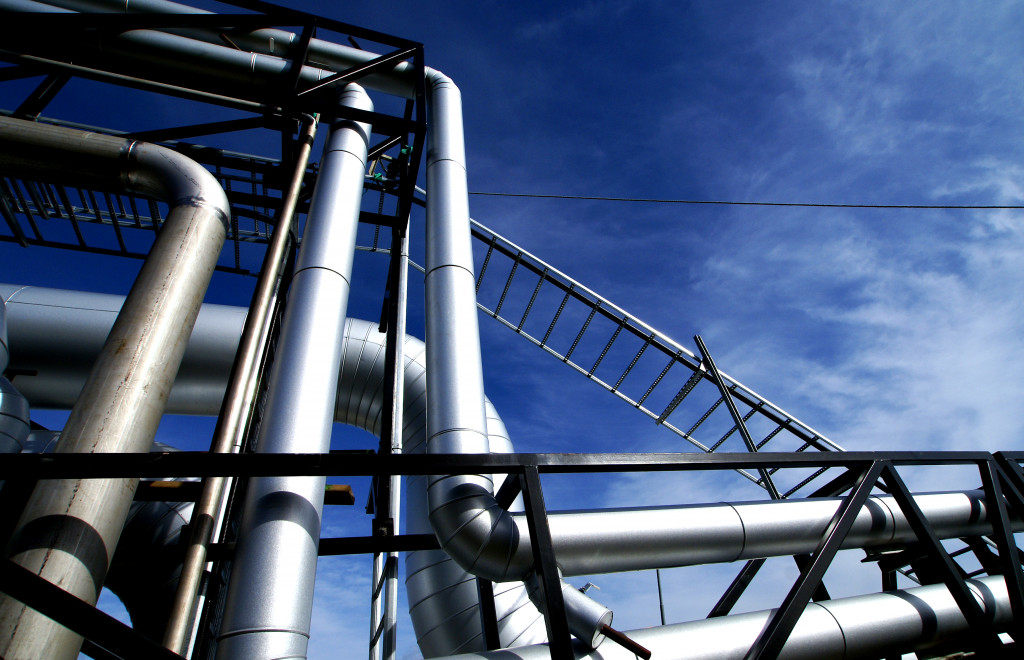- Energy optimization and automation are significant factors in reducing operational costs in heavy industries.
- Effective supply chain management, including raw material and water usage optimization, can minimize expenditures.
- Investment in advanced logistics technologies can enhance supply chain efficiency and reduce labor costs.
- Employee engagement and workplace flexibility are essential for identifying cost-saving opportunities and fostering innovation.
Heavy industries, such as automotive and manufacturing, play a crucial role in the global economy. However, their operational costs can be significant due to the high usage of energy, water, and raw materials. In order to remain competitive, heavy industries need to find ways to reduce their operational costs without compromising on quality or output. This comprehensive guide will explore some of the most effective ways to reduce operating costs in heavy industries.
Optimize energy usage:
Energy is one of the highest operational costs for heavy industries. To reduce energy usage, enterprises can opt for energy-efficient equipment and systems.
Investing in high-efficiency motors, energy-efficient lighting, and HVAC systems can significantly reduce energy consumption. In addition, industries should also focus on optimizing their processes to minimize energy waste.
This can be achieved through regular energy audits to identify areas for improvement, implementing energy management systems, and training employees on energy efficiency.

Invest in automation:
Automation is another way to reduce operational costs in heavy industries. Automated systems can help to reduce labor costs, improve safety, and increase production efficiency. Investing in mechanical equipment like robots and computerized machines can also reduce the need for manual labor. Here are some factors to consider when opting for automation:
Choose UL-approved panels:
Heavy industries should make sure that all their automation investments are UL-approved. An experienced UL-approved panel builder can help to ensure the safety and effectiveness of any automated system. If necessary, they may even be able to provide custom designs that will meet the specific requirements of the industry.
Make use of sensors:
Sensors can help heavy industries to monitor and analyze their production processes. These sensors provide real-time data that can be used to make the necessary adjustments for improved efficiency. This will help the industry to reduce energy consumption and increase productivity.
Utilize predictive maintenance:
Predictive maintenance is another way to reduce operational costs in heavy industries. By leveraging technologies like machine learning, the industry can track and analyze its machines’ performance. This will give them insight into when maintenance is required and can help to prevent costly breakdowns.
Supply chain optimization:
Effective supply chain management can help heavy industries reduce operational costs by minimizing inventory levels, improving delivery times, and optimizing transportation costs. Enterprises can achieve this by implementing just-in-time inventory management systems and partnering with reliable suppliers. Here are some other tips:
Optimize raw material usage:
Raw materials are a high cost for heavy industries. Optimizing raw material usage can not only reduce costs but also minimize waste and improve efficiency. This can be achieved through implementing lean manufacturing principles, regularly monitoring and measuring raw material usage, and exploring alternative raw materials that are more cost-efficient and sustainable.
Water conservation:
Water is another valuable resource that is heavily used in heavy industries. To reduce water consumption, enterprises can implement effective water management systems, optimize their processes to minimize water waste, and invest in water-efficient equipment and systems. In addition, industries can explore alternative water sources such as rainwater harvesting or recycling wastewater for non-potable uses.
Invest in advanced logistics technologies:
Advanced logistics technologies like automation, artificial intelligence, and robotics can help heavy industries to optimize their supply chain. These technologies can automate mundane tasks such as tracking shipments or managing inventory levels. This will reduce the need for manual labor, minimize errors, and improve efficiency.

Employee engagement:
Employee engagement is a critical factor in reducing operational costs. Engaged employees are more likely to identify wasteful practices, suggest improvements, and actively participate in cost-saving initiatives.
Industries can foster employee engagement by providing training and development opportunities, recognizing and rewarding performance, and creating a culture of innovation and continuous improvement.
If possible, heavy industries should also make use of workplace flexibility to reduce costs. This can be done by allowing employees to work from home or providing part-time and flexible work arrangements.
Reducing operational costs can be challenging, especially in heavy industries where costs can be significant. The key to success is to adopt a holistic approach that encompasses energy management, water conservation, raw material optimization, supply chain management, and employee engagement. By implementing these strategies, heavy industries can not only reduce their operational costs but also improve their competitiveness and sustainability. Remember, reducing costs is not just about cutting expenses; it is about optimizing resources, improving efficiency, and creating value for all stakeholders.

